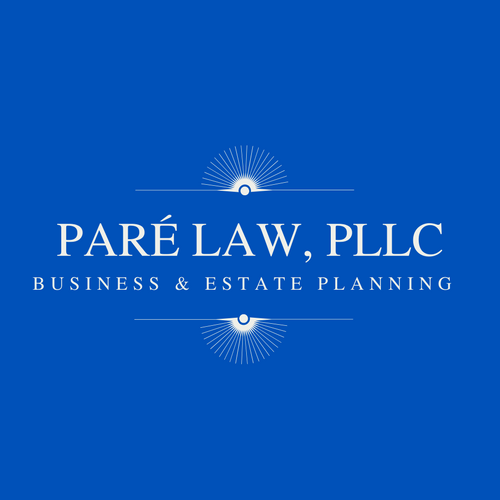Some advantages or benefits of a Revocable Living Trust are as follows:
- Disability Planning – in the event you become incapacitated the successor trustee will take over for you as trustee and the trust continues as it did before, just with a different trustee. This avoids the necessity of a guardianship or conservatorship proceeding in the event of your disability.
- Probate Avoidance – So long as your assets are re-titled into the name of the trust there is no need for a probate proceeding as the assets are owned by the trust and do not pass through your will. This is particularly helpful if you have property in multiple states and want to forego the hassle of probate in more than one state.
- Privacy – Your trust is a private document and does not become a matter of public record like a will does.
- Creditor Protection – Trust assets are not protected from creditors while you are alive, but upon your death, trust assets are creditor protected. This means that creditors of your beneficiaries may not reach trust assets to satisfy their claims.
- Control from the Grave — Trust assets will be administered for the beneficiaries under the terms you direct. For example, assets may be distributed to a surviving spouse for his or her health, support and maintenance during his or her lifetime, with the balance passing to trusts for your children upon the surviving spouse’s death. This is particularly useful in a blended family context where you want to make sure that assets will ultimately pass to your children and not to a surviving spouse’s new spouse and when beneficiaries have special needs or problems with money management.
- Minimizes Intra–Family Fights— A trust is effective from the moment it is created and continues to exist after your death, unlike a will which does not spring into existence until your death. The elimination of a probate proceeding means there is no will to potentially challenge. Careful and clear drafting of trust provisions minimizes the potential that there will be ambiguity regarding your wishes after you die.
- Orderly Management of Assets – Trust assets will be managed and distributed as you dictate in the trust agreement and a new trustee will immediately step into your shoes in the event of your incapacity or death to manage the trust assets in accordance with its terms.
- Tax Planning – The current estate tax exemption is $5.49 million (as of 2017) and Idaho does not have an estate tax. Therefore the vast majority of people will not have to worry about paying estate tax. However, the use of trusts can still be beneficial because they will allow you to preserve your exemption amount by putting assets up to the value of your remaining exemption in a Credit Shelter Trust, thereby maximizing you and your surviving spouse’s exemption amounts.
